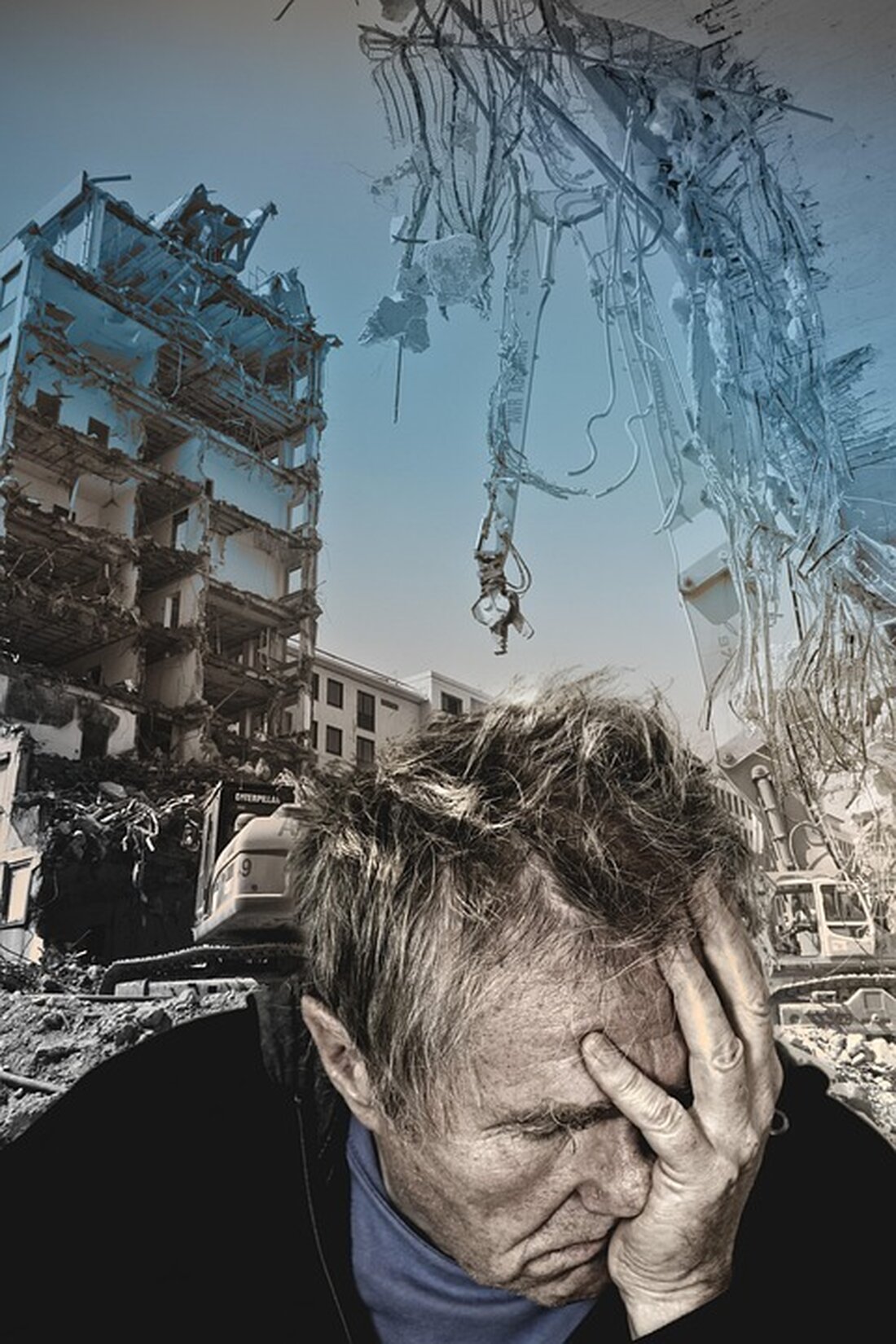Earthquake in the Mediterranean: How to protect yourself on your summer vacation!
Earthquake warnings in the Mediterranean region: Experts advise travelers to be careful and provide information about protective measures.

Earthquake in the Mediterranean: How to protect yourself on your summer vacation!
The Mediterranean region, a popular holiday destination for many travelers, is currently experiencing increased earthquake activity. An alarming series of earthquakes took place on the Greek holiday island of Santorini in particular. The strongest quake was recorded on Monday evening with a magnitude of 5.3. Between Monday and Tuesday, seismic observatories counted over 120 earthquakes, an average of five quakes per hour. Experts such as seismologist Vassilis Karastathis warn of the possibility of a major earthquake and potential volcanic activity. The Greek government has now declared a state of emergency for Santorini in order to take necessary measures, and more than two thirds of the 16,000 residents have already left the island [RND] reported.
These developments come at a time when other regions of the Mediterranean, such as Naples and Sicily, are also affected by earthquakes. These seismic activities are the result of the interaction between the African and Eurasian tectonic plates, which are constantly moving beneath the surface. Christoph Helo from the Institute of Geosciences describes the seismic activity in the Mediterranean as normal, but warns of the “unusual features” of the recent quakes around Santorini. Experts suspect that the causes of the earthquakes lie in plate tectonic changes or in volcanic systems, although Christian Hübscher from the University of Hamburg rules out that the volcanoes Santorini and Kolumbo are the cause [RND] reports.
General earthquake risks in the Mediterranean region
As already noted by [FNP], the Mediterranean is a seismically active zone that regularly experiences earthquakes. Countries such as Italy, Greece, Turkey, Spain and Portugal are particularly affected. Seismologist Heiner Igel from the LMU Munich emphasizes that earthquakes are unpredictable. He points out that earthquakes can suddenly occur even in regions with long periods of calm. This increases the need to inform yourself about possible risks of the holiday destination.
There are essential recommendations for travelers to act correctly in the event of an earthquake. This includes finding out about the specific earthquake risk of your chosen holiday destination and taking into account the advice of the Foreign Office and national earthquake services. In the event of an earthquake, it is important to remain calm and quickly seek shelter by positioning yourself under sturdy furniture such as solid tables or in a reinforced door frame. Stairs, windows and elevators should be avoided during an earthquake. When outdoors, it is important to keep a distance from buildings, trees and power lines and to sit in a clear area [FNP] reports.
Preparation and protection for travelers
Before booking a trip to an earthquake zone, it is advisable to ask about the emergency plans of the travel providers and hotels. It may also make sense to take out special travel insurance for earthquake damage. Despite the risks, the likelihood of being affected by a severe earthquake as a tourist is relatively low. Nevertheless, good preparation and correct behavior in an emergency can significantly reduce the risk [FNP] emphasizes this.

 Suche
Suche
 Mein Konto
Mein Konto